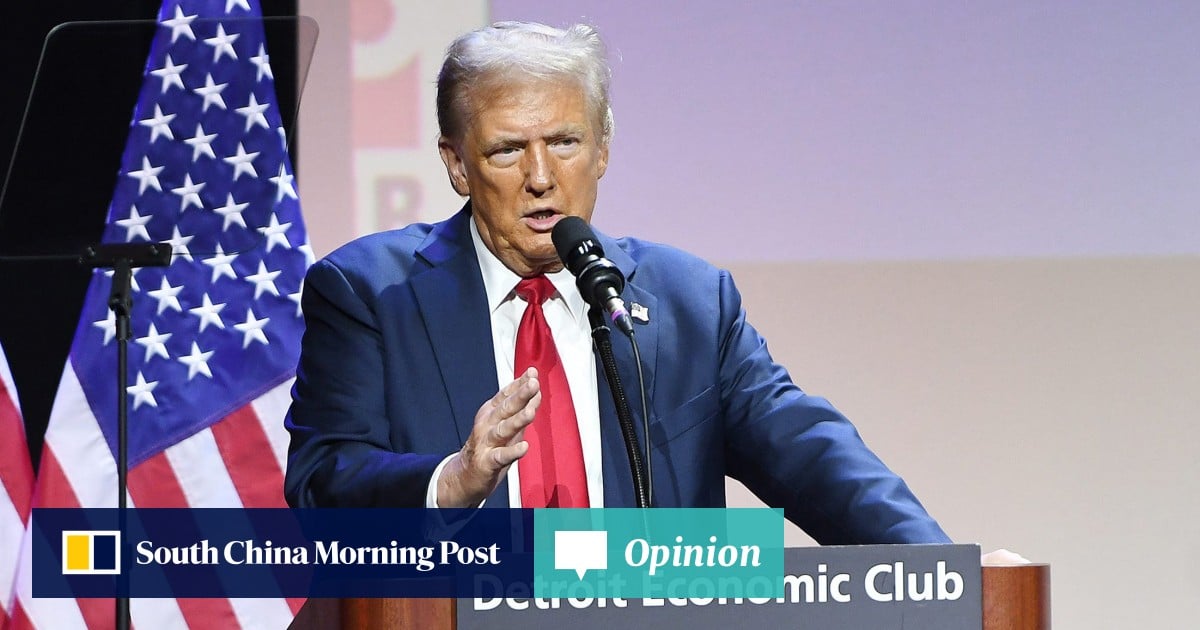The most beautiful word in the dictionary is “tariff” – at least, to US president-elect Donald Trump, who made the declaration in an interview in October before his election victory.
Trump has proposed a 20 per cent tariff on all imports to the US, suggesting this could rise to a possible 60 per cent tariff or more on imports from China. All eyes are on the two countries as the president-elect’s next term looms.
The word “tariff”, however, warrants a look to another place and time, where it was traded through the extensive networks of the Mediterranean.
The roots of the word lie in the Arabic taʕrīf, meaning “information, notification, explanation, a making known”, derived from Arabic ʕarafa “to notify, make known”.
Many words from Arabic entered European languages through long-time Islamic conquest, presence and cultural influence in the Iberian Peninsula and southern Italy. It also resulted from the flourishing of Islamic astronomy, mathematics and medicine in the Middle Ages, and a particular increase from the 12th century in political and economic encounters through maritime trade between Italian republics and the Muslim world.
So it was that Arabic taʕrīf was adopted, giving medieval Latin tarifa, “list of prices, book of rates”, Italian tariffa, Spanish tarifa, Portuguese tarifa – possibly via Persian ta’refe and Ottoman Turkish ta’rife.


